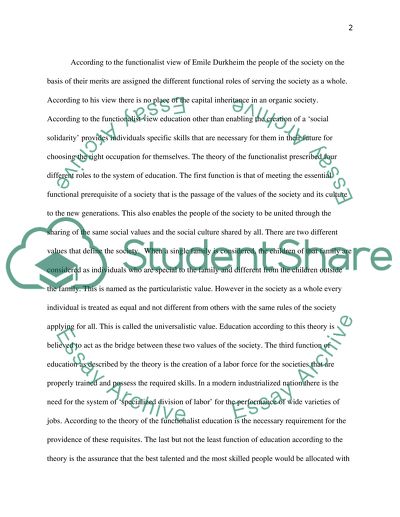Cite this document
(“Critical Evaluation Of Education System Essay Example | Topics and Well Written Essays - 2250 words”, n.d.)
Retrieved from https://studentshare.org/sociology/1418329-sociology
Retrieved from https://studentshare.org/sociology/1418329-sociology
(Critical Evaluation Of Education System Essay Example | Topics and Well Written Essays - 2250 Words)
https://studentshare.org/sociology/1418329-sociology.
https://studentshare.org/sociology/1418329-sociology.
“Critical Evaluation Of Education System Essay Example | Topics and Well Written Essays - 2250 Words”, n.d. https://studentshare.org/sociology/1418329-sociology.


